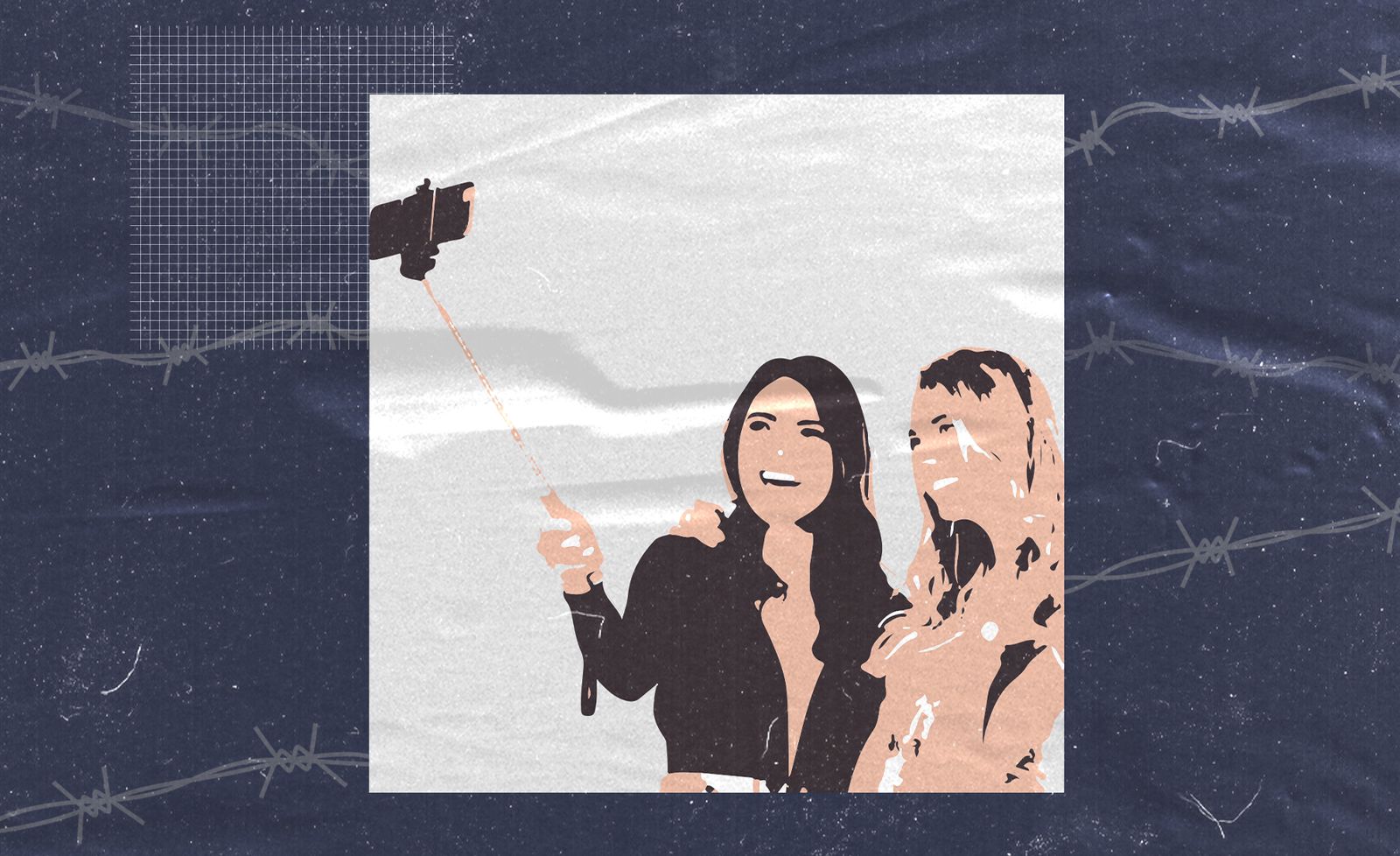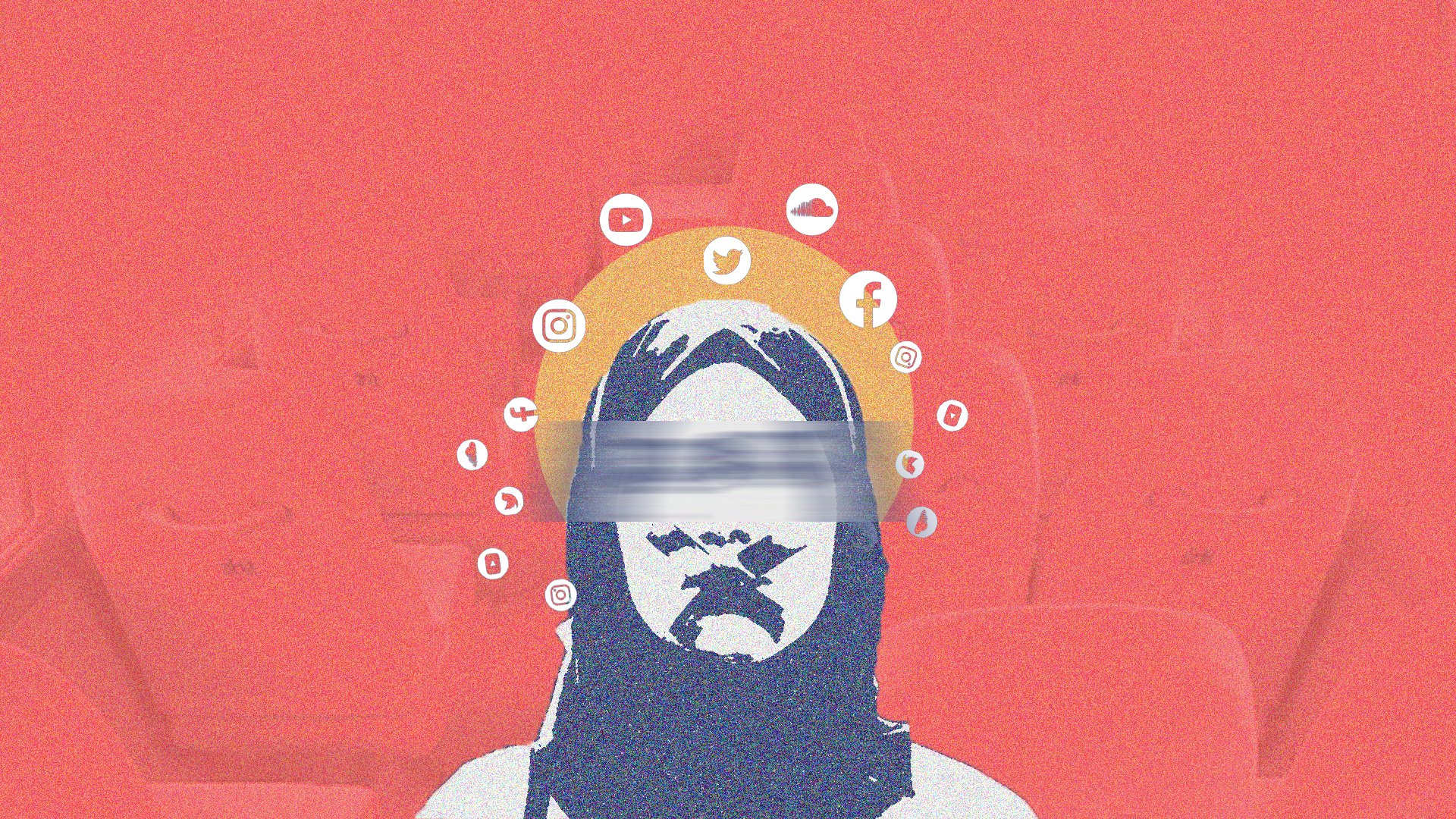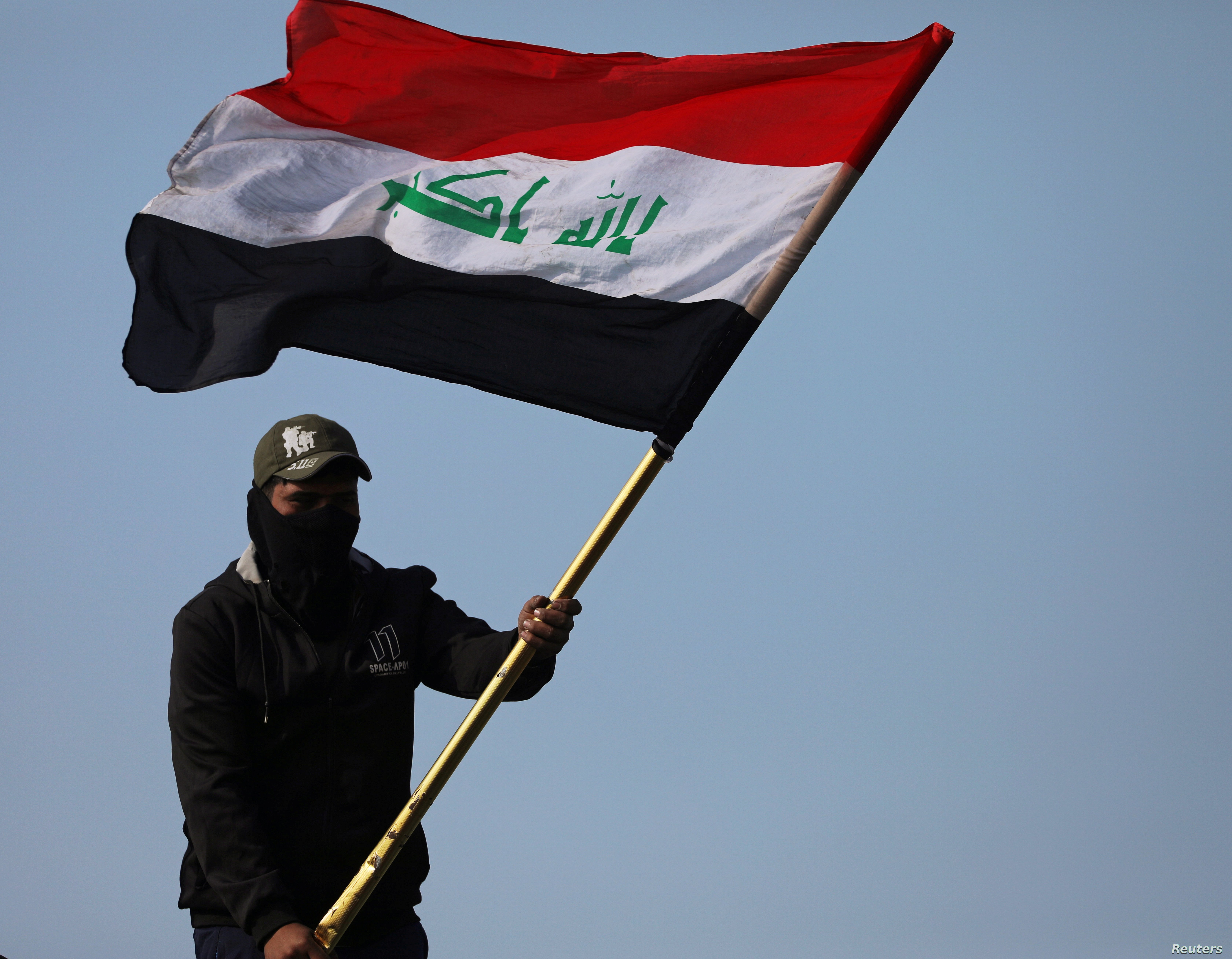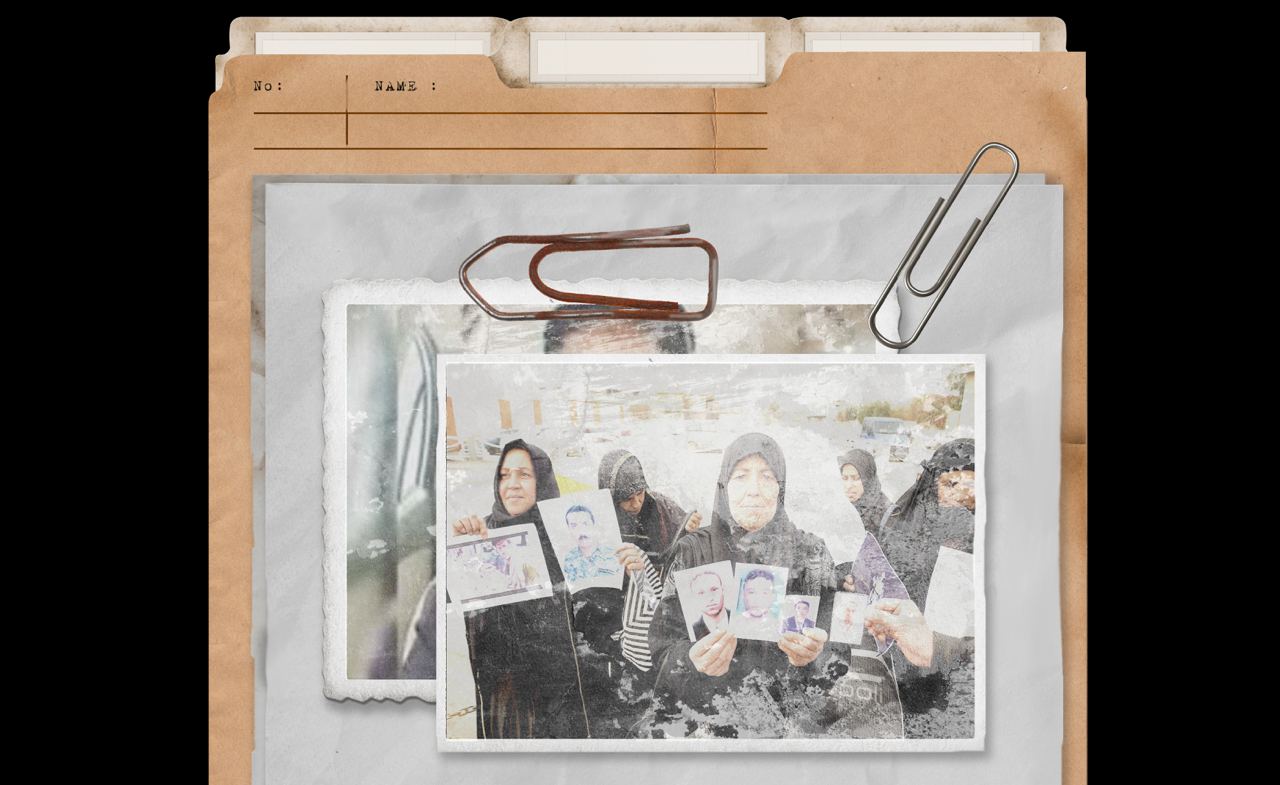The Iraqi Human Rights Observatory, on February 13, 2023, stated that the Iraqi authorities are adopting repressive tactics against a group of people who are active on social media under the pretext that they create “low-quality content.” However, these authorities have not yet provided a clear description of the set standards for “low-quality content,” which has never been noted in any Iraqi law.
Iraqi authorities have recently stated that a group of people who are active on social media and who post what the authorities perceive as “low-quality content.” However, they later released some of those arrested thus reflecting the disorder and inconsistency of the adopted procedures which lack any clear and concise legal basis.
The Iraqi authorities are yet to specify what exactly makes content “low-quality.” They are also yet to clarify whether or not these standards apply to political analysts affiliated with armed and political groups, politicians, and TV presenters who work at media outlets financed by these groups and actively propagate hate speech and incitement.
Iraqi authorities are basing the arrest campaign on articles (401, 403, and 404) of the Iraqi Penal Code (Law No. 111 of 1969), which was legalized during the era of a dictator regime and with a police-state approach. This same Penal Code includes a number of its articles that do not go in line with the democracy which emerged following the dictator-totalitarian regime.
These articles contain terms like “indecent,” “obscene,” and “violates public morality,” along with other crude and unclear terms. Moreover, the video clips and public activities of those arrested do not fall under what is considered indecent, obscene, or violating of public morality. What was indecent or obscene about what they posted, and why haven’t the authorities announced the “crime” these people have committed?
The adaptation of the articles mentioned above of the Iraqi Penal Code is, indeed, an illegal adaption since there is no set crime and punishment. Moreover, no other Iraqi law penalizes what is dubbed as “low-quality content,” nor does the conduct of those arrested contain the elements of a crime for which a perpetrator ought to be punished.
The Director of the Iraqi Observatory for Human Rights, Mr. Mustafa Saadoon, described what is happening as “fateful.” Saadoon stated, “these people are not criminals; they are ordinary persons with whom we might agree or disagree with the content they create.” He also added, “if they are creating unsavory content, we ought to encourage meaningful content instead of adopting arbitrary measures against them.”
Saadoon also asserted that “it is the state’s duty to protect and serve citizens, not to impose a certain pattern for moral behavior; the state’s duty is to enforce the law and hold accountable those who break it.” The Director of the Iraqi Observatory for Human Rights also cautioned that “there is fear that this campaign would be directed at opinion leaders and human rights defenders and would be employed to muzzle those who criticize the mismanagement of state institutions.”
It is worth noting that more than one Iraqi security institution has been involved in carrying out the arrests. Official data and images have shown how the authorities are treating the detainees as if they were involved in “terrorist” acts or acts that have inflicted damages on public institutions or led to the loss of public funds.
Activists and human rights defenders have expressed fears over the possibility that the current measures are part of a wide-scale campaign that targets those who disagree with the authorities or public servants or who express their opinions peacefully as per what is guaranteed, per article 38 of the Iraqi constitution.
The Iraqi Observatory for Human Rights does not stand against the enforcement of laws but instead urges that the law is indeed the decisive regulator of the Iraqi society. However, the Observatory would like to assert that it will stand in firm opposition to any party or person which tries to restrict freedoms. It will also stand in firm opposition to any attempt to hold the detainees, who have long been victims of the crises.
Iraq was plagued throughout the years, responsible for the deterioration of circumstances in Iraq. It is not the authorities’ duty to impose a specific moral pattern on society. It is also not among their tasks to rely on whims in specifying what is “low-quality” or “transcendent” without setting a clear and concise set of criteria that can be applied and implemented on all sides.
Hussam Al-Haj is a TV presenter and legal expert from Iraq. In an interview with the Iraqi Observatory for Human Rights he stated that “the essence of the principle of legal punishment is that no crime or penalty can be implemented without a legal text.” Accordingly, Haj says that “there is no text in the legislative and legal system that criminalizes what they have described as ‘low-quality’ content.”
Haj also added that “articles 401, 402, and 403 of the Iraqi Penal Code (Law No. 111 of 1969) refers to acts and statements containing obscenity, that are done or made publicly. Moreover, an obscene act is that which strongly violates human morality. We fear that this campaign now targeting the alleged ‘low-quality content’ would expand to include the restriction of freedoms and thoughts, thus imposing a specific guideline on views and anything deemed ‘low-quality".
The Iraqi Observatory for Human Rights also believes that the broad and crude wording provides much flexibility to punish some and allow others impunity. This is seen as a dangerous development in a country supposedly governed by a democratic political system and adopts a constitution that guarantees freedom of speech in article 38.
Finally, the Iraqi Observatory for Human Rights urges the country’s Supreme Judicial Council and law enforcement authorities to pay attention to what is considered a crime and what is an act of personal freedom that harms no one. Moreover, the Observatory urges the authorities mentioned above to differentiate between criticizing state institutions, which is a guaranteed right in Iraq, and between what is inflicting harm on these institutions and committing acts of aggression against them.




